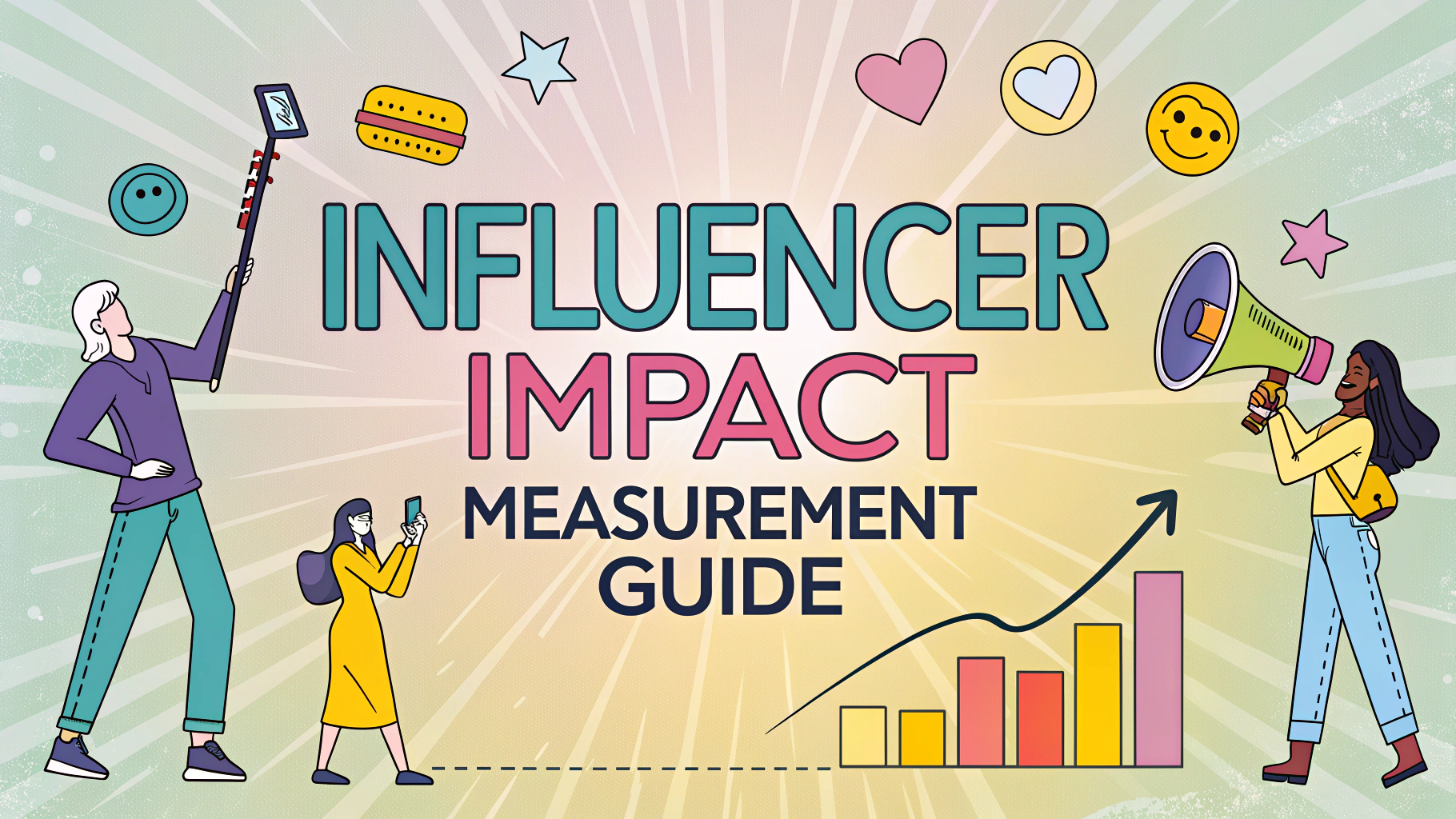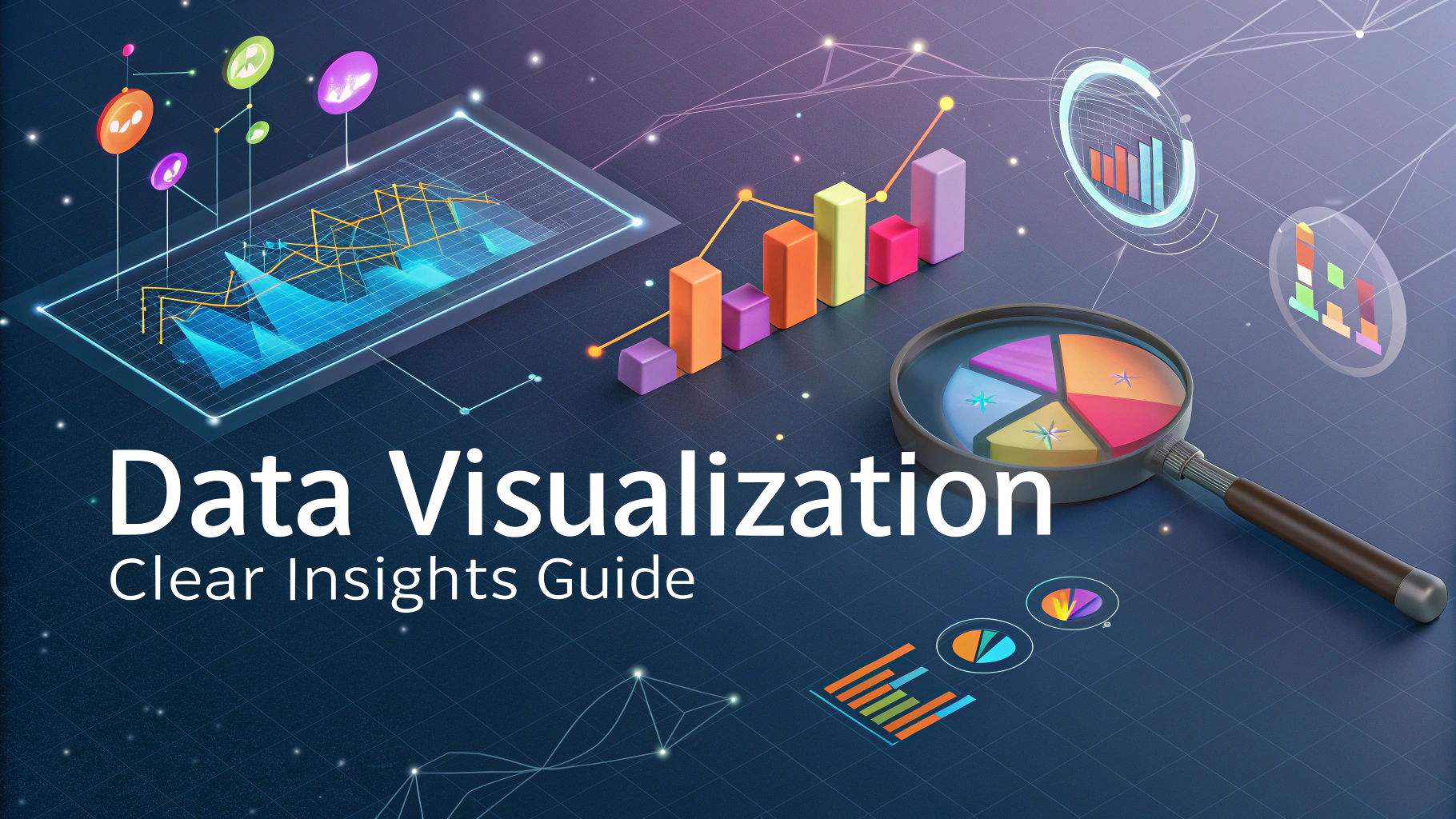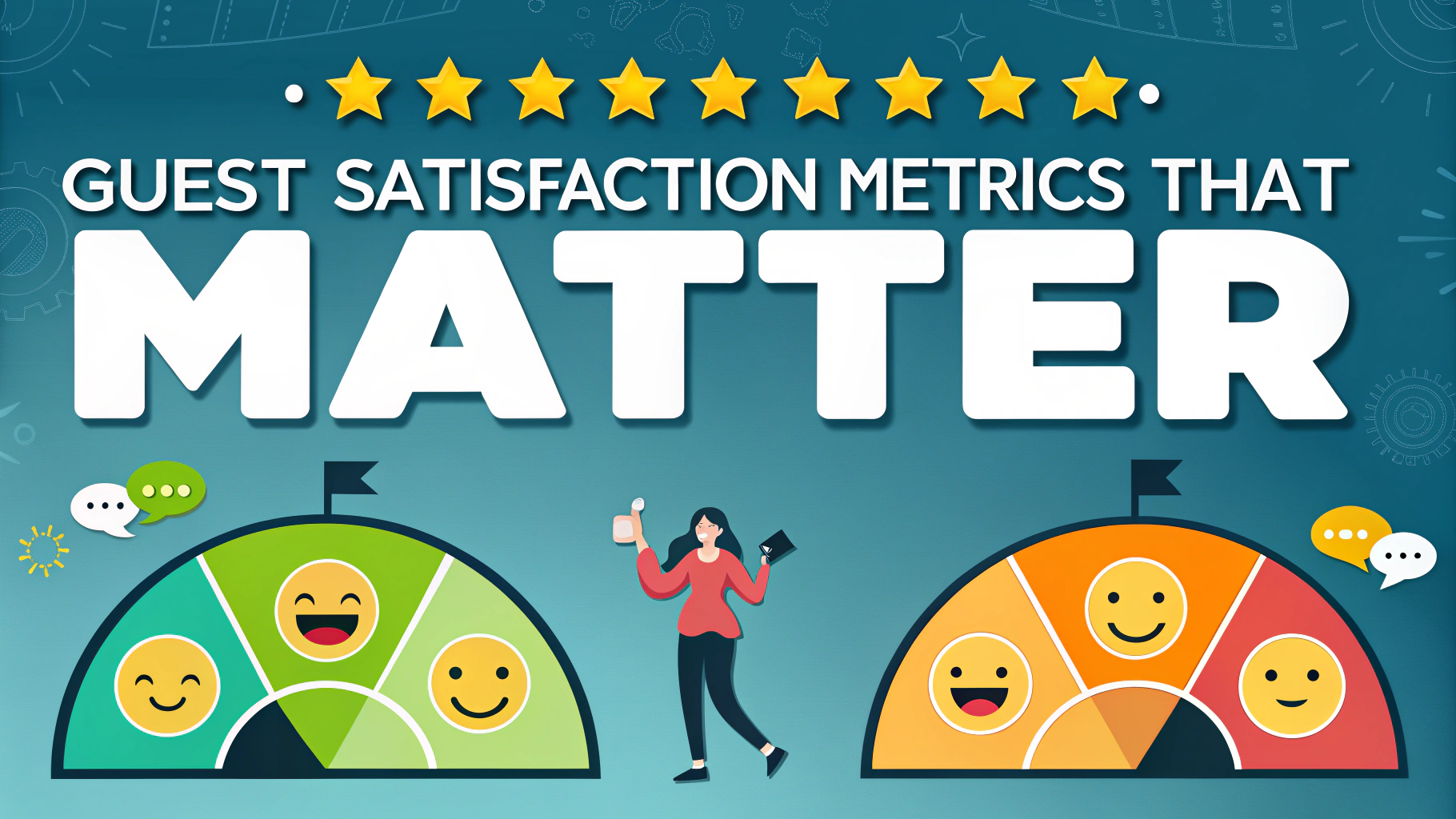Hotels that implement predictive analytics gain a significant competitive advantage by anticipating guest needs and market trends before they happen.
Data-driven insights allow properties to optimize pricing, personalize marketing campaigns, and improve operational efficiency across every department.
This quick guide breaks down the practical applications of predictive analytics for hotel marketing teams looking to make smarter, more profitable decisions.
Key Benefits of Predictive Analytics in Hotel Marketing
- Forecast demand patterns and adjust rates accordingly
- Identify high-value guest segments for targeted campaigns
- Optimize marketing spend across channels
- Predict booking patterns and pace
- Personalize guest communications and offers
Essential Data Points to Track
- Historical booking data
- Website analytics and user behavior
- Customer segments and demographics
- Competitive pricing information
- Local events and seasonality factors
- Weather patterns
- Social media engagement metrics
Implementing Predictive Analytics Tools
Start with user-friendly platforms designed specifically for hospitality:
- Duetto – Revenue management and pricing optimization (www.duettocloud.com)
- Amadeus – Demand forecasting and channel management (www.amadeus-hospitality.com)
- IDeaS – Revenue optimization and analytics (www.ideas.com)
Practical Applications
Revenue Management
- Automatically adjust room rates based on demand signals
- Optimize pricing for different room types and packages
- Set competitive rates against local market data
Marketing Campaigns
- Target promotional offers to guests most likely to book
- Time email campaigns for maximum impact
- Allocate advertising budget to highest-performing channels
Guest Experience
- Anticipate service needs based on guest profiles
- Customize amenities and upgrades for specific segments
- Predict and prevent potential service issues
Getting Started with Predictive Analytics
- Audit existing data collection methods and tools
- Define specific goals and metrics for improvement
- Select appropriate analytics software for your property size
- Train staff on data interpretation and application
- Start small with one area (e.g., pricing) before expanding
Common Challenges and Solutions
| Challenge | Solution |
|---|---|
| Data quality issues | Implement strict data collection standards and regular audits |
| Staff resistance | Provide thorough training and demonstrate ROI |
| Budget constraints | Start with free tools and scale up gradually |
Measuring Success and ROI
Track these key performance indicators (KPIs) to measure the impact of predictive analytics:
- Revenue per available room (RevPAR)
- Marketing campaign conversion rates
- Customer acquisition costs
- Guest satisfaction scores
- Booking pace improvements
Taking Your Strategy Forward
Start implementing predictive analytics by focusing on one specific area of your hotel marketing strategy and expanding based on results.
Connect with analytics providers listed above for demonstrations and pricing specific to your property size and needs.
Remember that successful implementation requires ongoing monitoring, adjustment, and staff training to maximize return on investment.
Advanced Analytics Capabilities
Machine Learning Integration
- Automated pattern recognition in guest behavior
- Dynamic pricing adjustments based on real-time data
- Predictive maintenance scheduling for facilities
Cross-Channel Analysis
- Unified view of guest interactions across platforms
- Attribution modeling for marketing efforts
- Integrated reporting across departments
Data Security and Privacy
- Implement robust data protection protocols
- Ensure GDPR and local compliance
- Regular security audits and updates
- Staff training on data handling procedures
Future Trends in Hotel Analytics
- AI-powered guest service automation
- Blockchain for secure guest data management
- IoT integration for real-time property monitoring
- Voice analytics for guest sentiment analysis
Maximizing Your Analytics Investment
Success in hotel analytics requires commitment to data-driven decision making and continuous improvement. Focus on:
- Regular staff training and development
- Continuous refinement of predictive models
- Integration of new data sources as they become available
- Building a culture of data-informed decision making
Begin your analytics journey with clear objectives and scalable solutions. As your capability grows, expand into more sophisticated applications to stay ahead in the competitive hospitality market.
FAQs
- What is predictive analytics in hotel marketing?
Predictive analytics in hotel marketing is the use of historical data, statistical algorithms, and machine learning techniques to identify patterns and predict future guest behavior, booking trends, and revenue opportunities. - How does predictive analytics help in revenue management?
Predictive analytics helps optimize room pricing by analyzing historical booking patterns, competitor rates, market demand, seasonal trends, and events to forecast optimal pricing strategies and maximize revenue. - What types of data are used in hotel predictive analytics?
The data includes booking history, guest profiles, length of stay, seasonal patterns, local events, competitor pricing, weather data, social media sentiment, review scores, and economic indicators. - How can hotels use predictive analytics for personalization?
Hotels can analyze guest preferences, past stays, spending patterns, and behavior to predict future needs, customize offerings, create targeted marketing campaigns, and improve guest experiences. - What are the key benefits of implementing predictive analytics in hotel marketing?
Benefits include improved occupancy rates, optimized pricing strategies, enhanced guest satisfaction, increased direct bookings, reduced marketing costs, and better resource allocation. - How does predictive analytics help in customer segmentation?
It analyzes guest data to identify distinct customer segments based on behavior, preferences, and value, enabling targeted marketing strategies and personalized communications for each segment. - What role does predictive analytics play in reducing cancellation rates?
Predictive analytics identifies patterns in cancellation behavior, allowing hotels to implement targeted retention strategies, adjust overbooking policies, and create more effective cancellation policies. - How can hotels measure the ROI of predictive analytics implementation?
ROI can be measured through increased revenue per available room (RevPAR), improved occupancy rates, reduced marketing costs, higher guest satisfaction scores, and increased direct booking rates. - What technology infrastructure is needed for predictive analytics?
Hotels need a robust property management system (PMS), customer relationship management (CRM) system, data warehouse, analytics software, and potentially artificial intelligence capabilities. - How does predictive analytics improve marketing campaign effectiveness?
It helps identify the best channels, timing, and messaging for marketing campaigns by analyzing past campaign performance and customer response patterns to maximize ROI.







